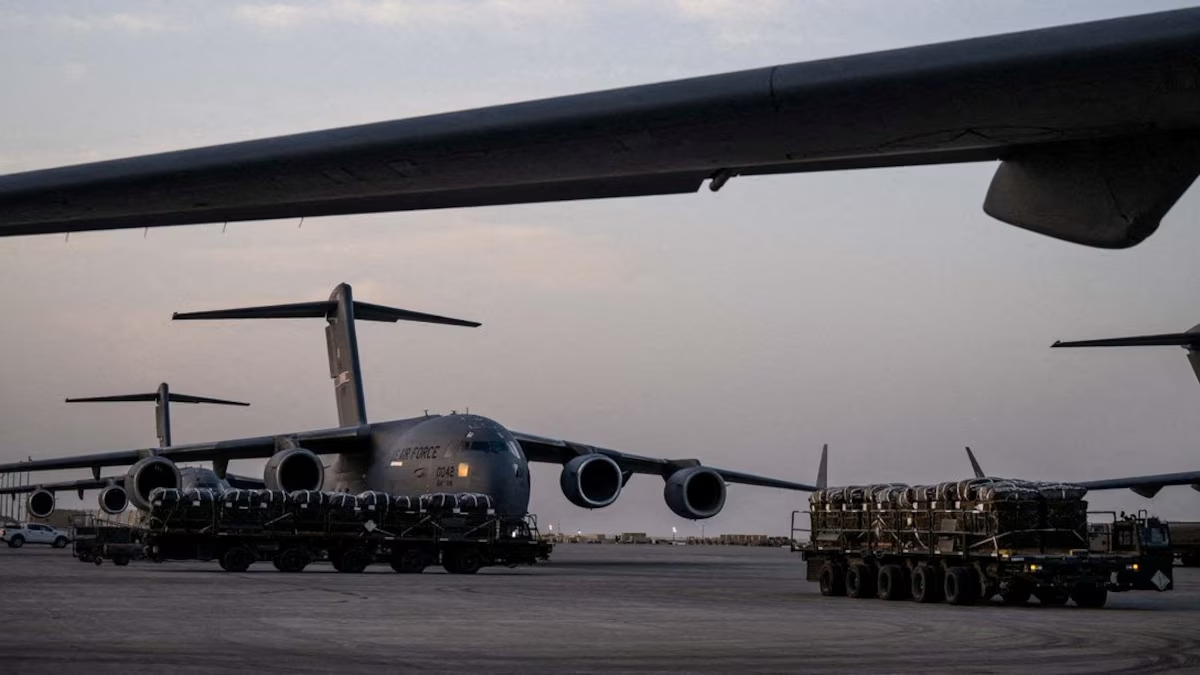In recent weeks, reports have surfaced regarding a significant increase in U.S. military surveillance flights near Mexican airspace. According to CNN, the U.S. military has conducted at least 18 reconnaissance missions along the southwestern U.S. border and in international airspace near the Baja California peninsula between late January and early February 2025.
These operations have utilized advanced aircraft, including the Navy’s P-8 Poseidon and the U-2 spy plane. The P-8 is equipped with sophisticated radar systems capable of detecting submarines and gathering intelligence, while the U-2, originally designed during the Cold War, conducts high-altitude surveillance. Notably, this marks the first reported use of the U-2 in operations targeting Mexican drug cartels.
The Mexican government, led by President Claudia Sheinbaum, has acknowledged at least two of these missions, specifying that the aircraft remained in international airspace and did not violate Mexican sovereignty. However, Defense Secretary Ricardo Trevilla expressed uncertainty about the exact objectives of these flights, leaving open the possibility that they were intended for intelligence gathering on Mexican drug cartels.
This escalation in surveillance aligns with President Donald Trump’s intensified efforts to combat drug trafficking and cartel activities. On his first day back in office, President Trump declared a national emergency at the southern border and designated Mexican drug cartels as foreign terrorist organizations. This designation allows for the application of counterterrorism measures against these groups.
The increased U.S. military presence near Mexico has sparked a debate over sovereignty and the nature of bilateral cooperation between the two nations. While the U.S. asserts that these operations are conducted in international airspace and are essential for national security, concerns have been raised in Mexico regarding potential violations of its sovereignty and the implications of unilateral military actions.
As the situation develops, it underscores the complex dynamics of U.S.-Mexico relations, particularly in the realms of security and counter-narcotics efforts. The balance between effective action against organized crime and the respect for national sovereignty remains a critical point of discussion for both governments.


